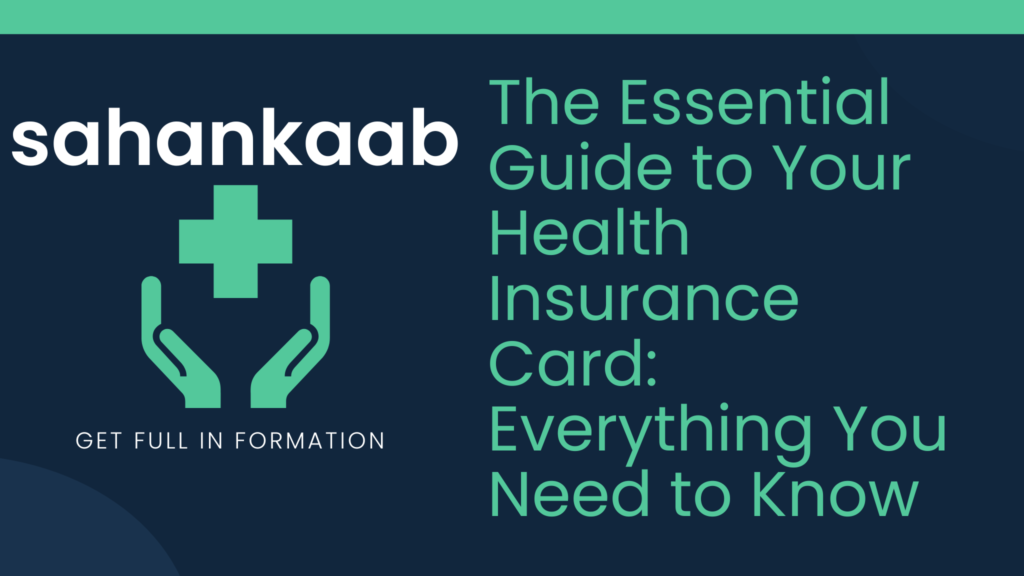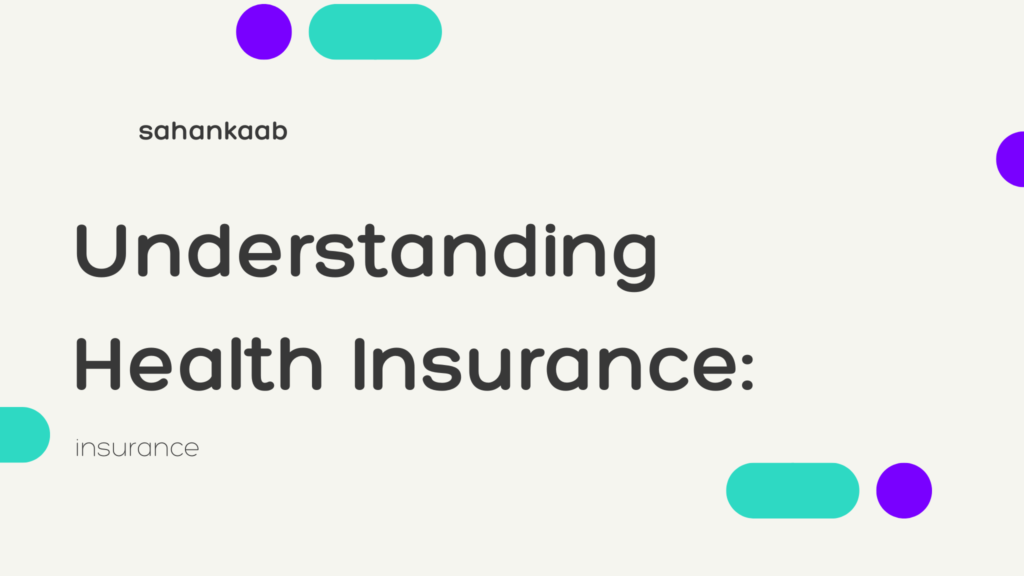Introduction
Have you ever found yourself standing at a medical, fumbling through your wallet, and wondering your health insurance card is crucial? You’re not alone. In our fast-paced society, we often carry around essential items without fully understanding their importance. This article aims to demystify one such item: your health insurance card. We will explore its components, explain how it works, and offer tips on how to keep it safe and make the most of its benefits.
What is a Health Insurance Card?
Definition and Purpose
A health insurance card is a small, wallet-sized card issued by your health insurance provider. While it may seem insignificant, it holds valuable information about your health insurance coverage. The main purpose of this card is to serve as proof of insurance, providing access to healthcare services and benefits.
Key Information Contained
Your health insurance card typically contains the following information:
- Insurance Provider Name: The name of your insurance company.
- Policy Number: A unique identifier for your insurance plan.
- Name of Insured: Your name or the primary policyholder’s name.
- Coverage Type: Information about the type of coverage you have (e.g., individual, family, HMO, PPO).
- Contact Information: Customer service and emergency contact numbers for your insurance provider.
“Your health insurance card is more than just a piece of plastic; it’s a gateway to essential healthcare services.”
Why is Your Health Insurance Card Important?
Proof of Insurance
Whenever you visit a healthcare provider, the first thing they usually ask for is your health insurance card. This card proves that you have active health insurance and helps healthcare providers verify your coverage. This verification is crucial for determining how much you will need to pay out-of-pocket for services received.
Access to Medical Services
Without your health insurance card, accessing medical services can become complicated. Most doctors, hospitals, and pharmacies require it to process any insurance claims. The card contains specific information that helps these entities bill your insurance company correctly.
Financial Protection
One of the primary purposes of health insurance is to protect you from high medical costs. Your health insurance card is a tangible representation of this protection. By carrying and presenting your card, you can avoid the shock and financial burden of paying full price for medical treatments and services.
Understanding the Components of Your Health Insurance Card
Front of the Card
The front of your health insurance card typically includes the most crucial details. Let’s break them down:
Insurance Provider’s Name and Logo
This is usually the most prominent information on the card. It helps healthcare providers quickly identify the insurance company.
Subscriber Information
- Name: The name of the person who holds the policy.
- Member ID/Policy Number: This unique number identifies your specific insurance plan.
Coverage and Network Information
- Plan Type: Indicates whether you have an HMO, PPO, or another type of planhttp://oceanniche.com.
Back of the Card
The back of the card often holds additional, yet important, information:
Contact Numbers
This section includes numbers for customer service, pre-approvals, and emergency services.
Payment Information
- Copays: Specific details about your copays for different types of services (e.g., doctor visits, emergency room, prescriptions).
How to Safeguard Your Health Insurance Card
Physical Safety
Keep your card in a secure location, preferably in your wallet or a designated cardholder. Ensure it is easily accessible but safe from damage and loss.
Digital Safety
Most insurance companies offer digital cards through mobile apps. This can be a lifesaver if you happen to forget or lose your physical card. Make sure to download your insurer’s app and understand how to access your digital card.
Regular Updates
Insurance providers periodically update their cards with new information. Be sure to replace your old card with the new one when it arrives to avoid any issues during medical visits.
Tip: Always carry a photocopy or a digital copy of your health insurance card as a backup.
Scenarios Where You’ll Need Your Health Insurance Card
Routine Doctor Visits
During regular check-ups, your doctor’s office will need your card to verify your insurance and process payments.
Emergency Situations
In emergencies, having your health insurance card readily available can expedite your treatment.
Pharmacy Visits
When picking up prescribed medications, your pharmacy needs your insurance card to bill your insurance company.
Specialist Visits
Seeing a specialist often requires a referral and pre-authorization, which involves providing your health insurance information.
What to Do If You Lose Your Health Insurance Card
Immediate Steps
- Contact Your Provider: Notify your insurance company immediately if you lose your card. They can issue a replacement.
- Monitor Your Account: Be vigilant and monitor your insurance account for any unauthorized services or claims.
Preventive Measures
- Digital Backup: Keep a digital copy of your card.
- Regular Checks: Periodically check to ensure your card is still in your possession.
Conclusion
Understanding the importance and functionalities of your health insurance card can make navigating healthcare services much simpler and more effective. Always keep your card safe, updated, and accessible to ensure you’re ready for any medical situation that comes your way. In a world where healthcare can be both essential and complicated, your health insurance card is your small yet significant ally.
If you found this article helpful, be sure to share it with friends and family who might benefit from understanding the importance of their health insurance cards.
By taking the time to know your health insurance card inside and out, you’re empowering yourself to make smarter, more informed healthcare decisions.
For more information, you can check out these articles on health insurance basics and tips for managing your insurance:
Stay informed, stay healthy!


